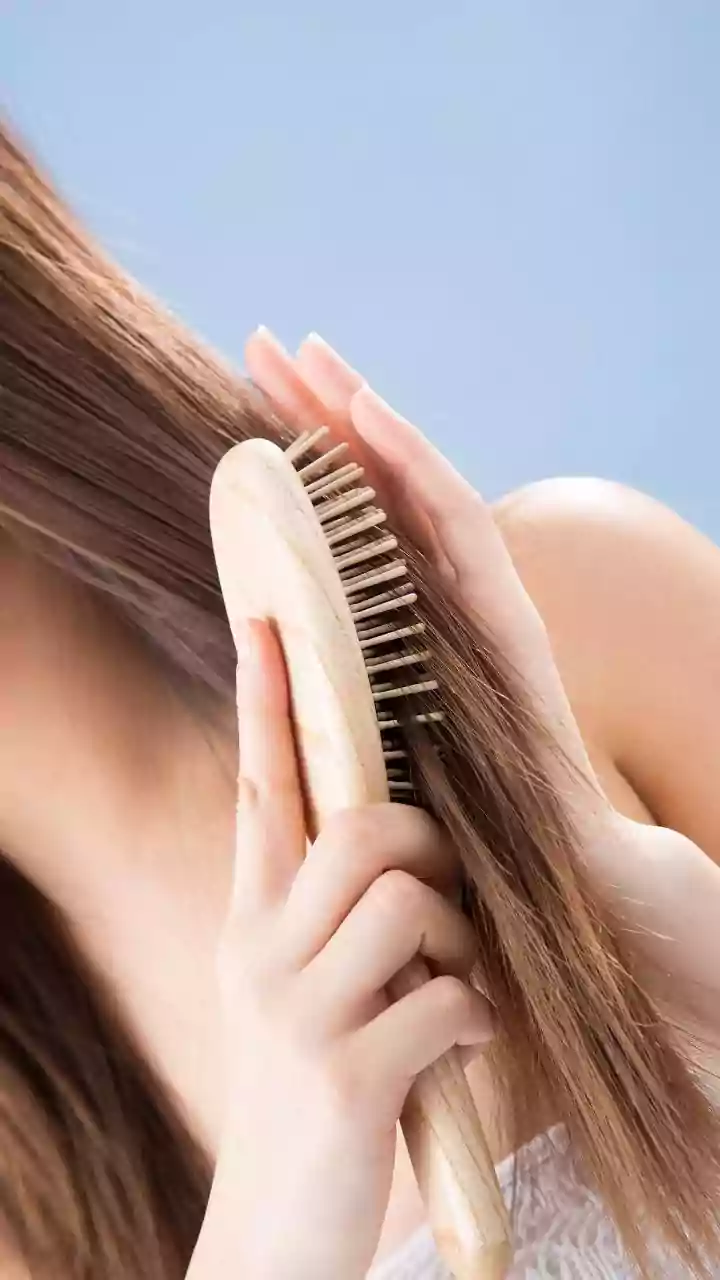Fairness: A Driving Force
The fascination with fair skin is a complex issue, deeply rooted in cultural and societal norms. It is important to understand the factors driving this
preference, as it is key to addressing practices such as skin bleaching. These practices are often driven by the perception that fairer skin equates to beauty, social status, and economic opportunity. This mindset is perpetuated by media portrayals, advertising, and historical influences, which contribute to a cycle of reinforcement. Furthermore, the availability and marketing of skin-lightening products play a significant role. These products often exploit insecurities, offering quick fixes that can have serious health consequences. Examining this fascination requires a critical look at the cultural context and the social implications that drive the desire for lighter skin. It is essential to question the standards of beauty and promote a more inclusive and equitable view of skin tones.
Essential Skincare Recognition
The recognition of sunscreens and moisturizers as essential medicines represents a vital step toward prioritizing skin health. This acknowledges that these products are not merely cosmetic but play a crucial role in protecting and maintaining the skin's health. Sunscreens provide crucial protection against harmful UV rays, reducing the risk of skin cancer and premature aging. Similarly, moisturizers are essential for maintaining the skin's barrier function, preventing dryness, irritation, and conditions such as eczema. This recognition elevates the importance of these products, ensuring greater access and promoting their use. It also encourages a shift towards a more holistic approach to skin care, focusing on prevention and overall well-being. It underscores the importance of dermatological education and access to essential skincare products for all individuals, regardless of their background or location.
Microbiology and Perfumes
The intersection of microbiology and perfumery is an emerging and intriguing area. It explores how beneficial microorganisms contribute to the pleasing aromas associated with good hygiene and wellness. Certain bacteria and other microbes play a role in producing or influencing scents that we find appealing. For example, some skin bacteria are crucial in the breakdown of sweat components, producing odor molecules that, in small amounts, can contribute to unique and desirable body odors. Perfumers are increasingly exploring this concept to create fragrances that harmonize with the body's natural microbiome. By understanding the role of microorganisms, researchers and creators can develop new and sustainable ways to enhance personal care and create products that foster a healthy and balanced skin ecosystem. This field has the potential to transform both the science of scent and the approach to personal hygiene and well-being, paving the way for more tailored and holistic solutions.
Nutraceuticals: A Closer Look
The rise of nutraceuticals, including gummies and effervescent tablets, for wellness purposes warrants careful consideration. These products promise to deliver nutrients and health benefits in easily consumable formats. However, it's essential to approach them with a critical eye. While nutraceuticals can supplement a balanced diet, they are not a substitute for a healthy lifestyle. Concerns arise about the effectiveness of certain formulations and the potential for misleading marketing claims. Consumers should be informed about the ingredients, dosages, and any potential interactions or side effects of these products. It's also important to consult with a healthcare professional before incorporating nutraceuticals into a wellness routine. A balanced diet and lifestyle, along with informed consumption, are key to effectively integrating nutraceuticals and achieving desired health outcomes.
Skincare's Dynamic Landscape
The realm of skincare is constantly changing, with the evolving landscape of pro-, pre-, and postbiotics at the forefront. Probiotics, the beneficial bacteria, are used both orally and topically to promote healthy skin, while prebiotics serve as food for these helpful bacteria. Postbiotics, which are the byproducts of probiotic activity, also have beneficial effects on the skin. This approach aims to balance the skin's microbiome, which can improve conditions such as acne, eczema, and rosacea. These formulations are believed to enhance skin health by fostering a diverse and balanced microbial environment. As the understanding of the skin microbiome deepens, new products are emerging that incorporate these ingredients. This trend highlights the increasing focus on the relationship between the skin and its microbial inhabitants. The use of these ingredients reflects a more holistic strategy, supporting the skin's natural defenses to promote overall wellness.
Microbiome's Role in Vitiligo
Harnessing the gut microbiome for the management of vitiligo is an innovative approach that shows promising potential. Vitiligo is a skin condition characterized by the loss of pigment, resulting in white patches on the skin. Research indicates that the gut microbiome may play a role in the onset and progression of the condition. Specific imbalances in the gut bacteria have been linked to immune responses that may contribute to the destruction of pigment-producing cells. By modulating the gut microbiome through diet, probiotics, or other interventions, researchers aim to influence the immune response and reduce the severity of vitiligo symptoms. This approach may involve using specific probiotic strains or adjusting dietary habits to promote a healthy gut environment. Although still under investigation, these interventions offer an exciting potential avenue for managing vitiligo. This approach underscores the interconnections between the gut, the immune system, and skin health, suggesting that a holistic approach may offer the best chance of managing the condition effectively.


















